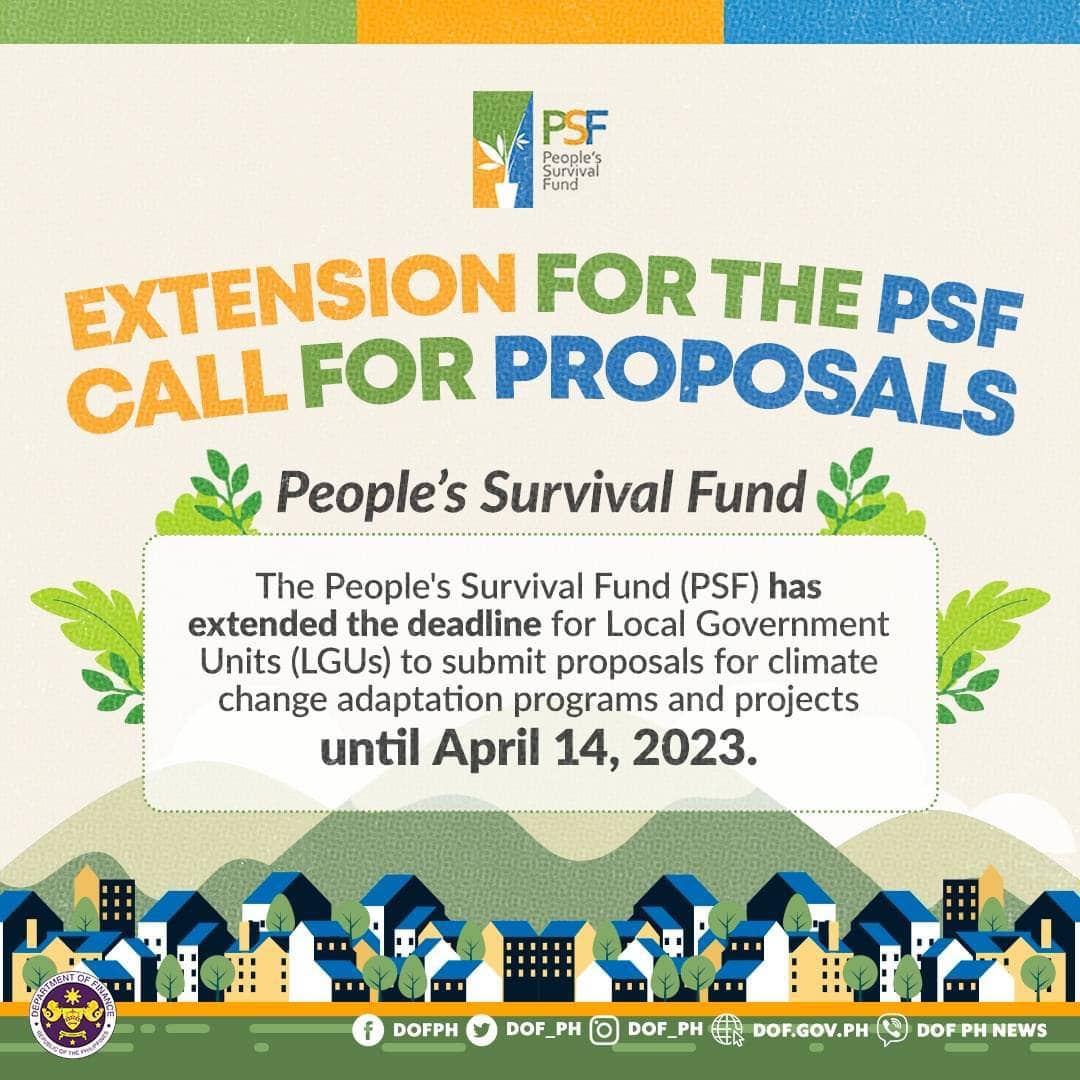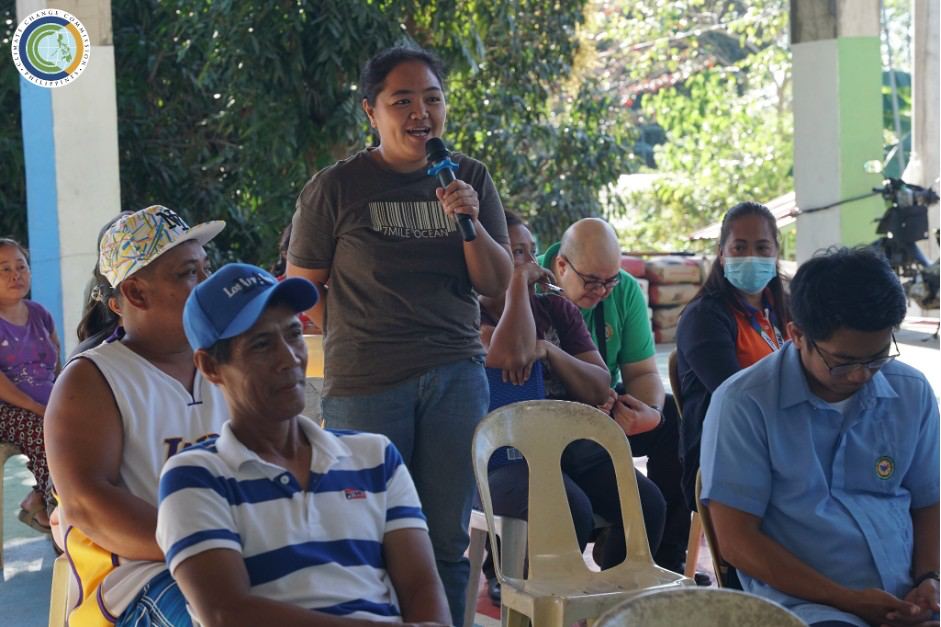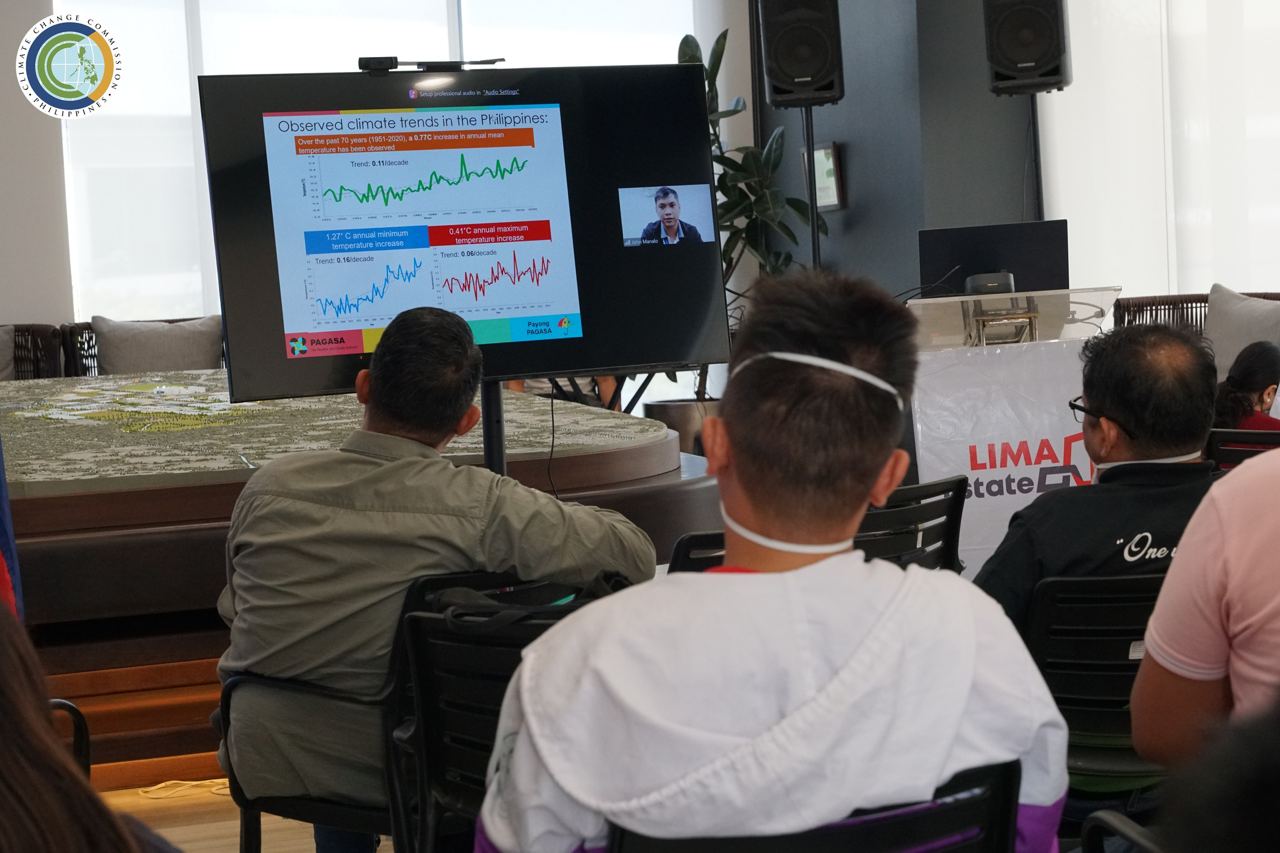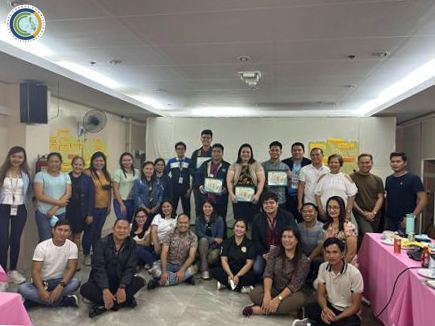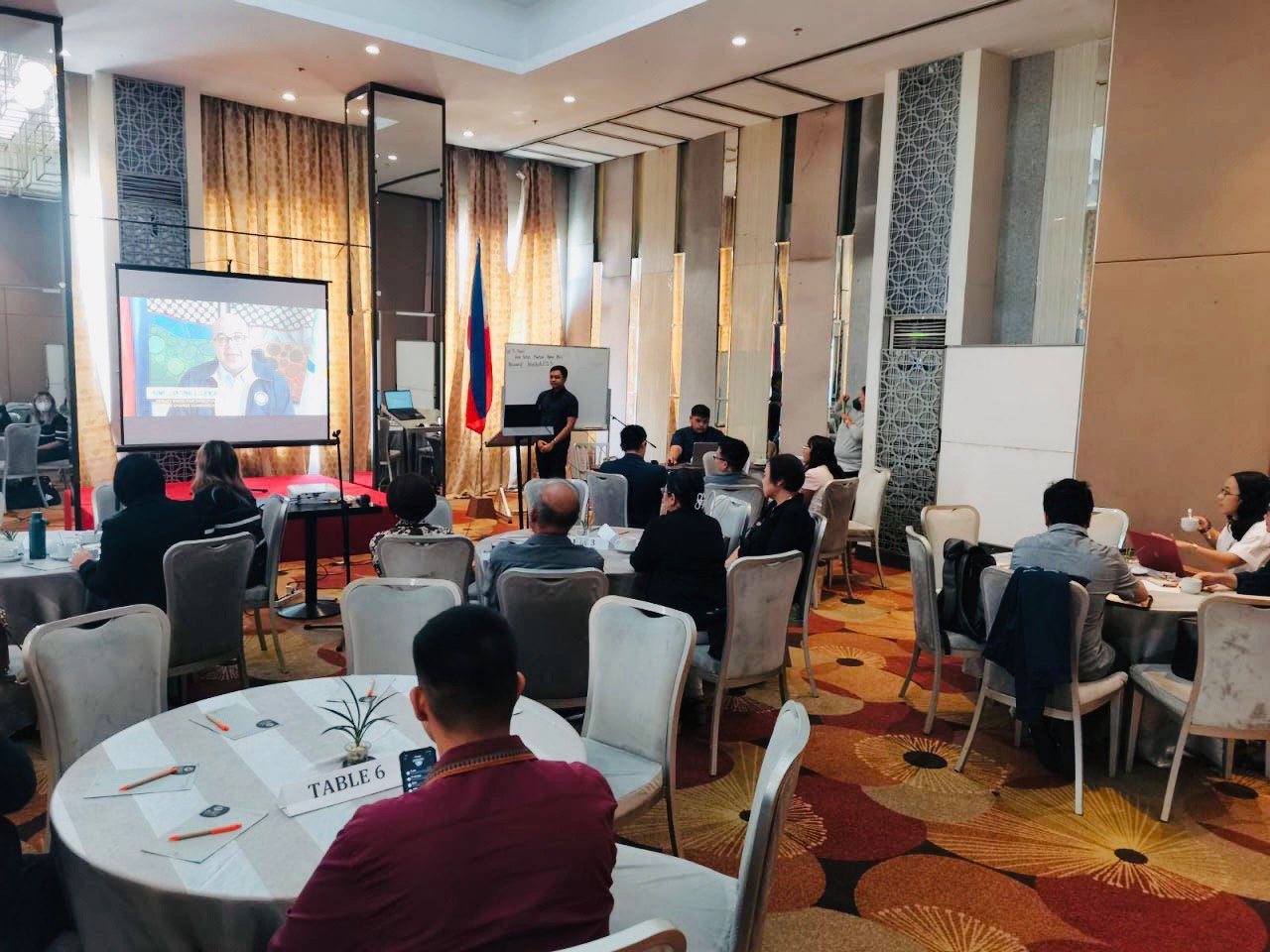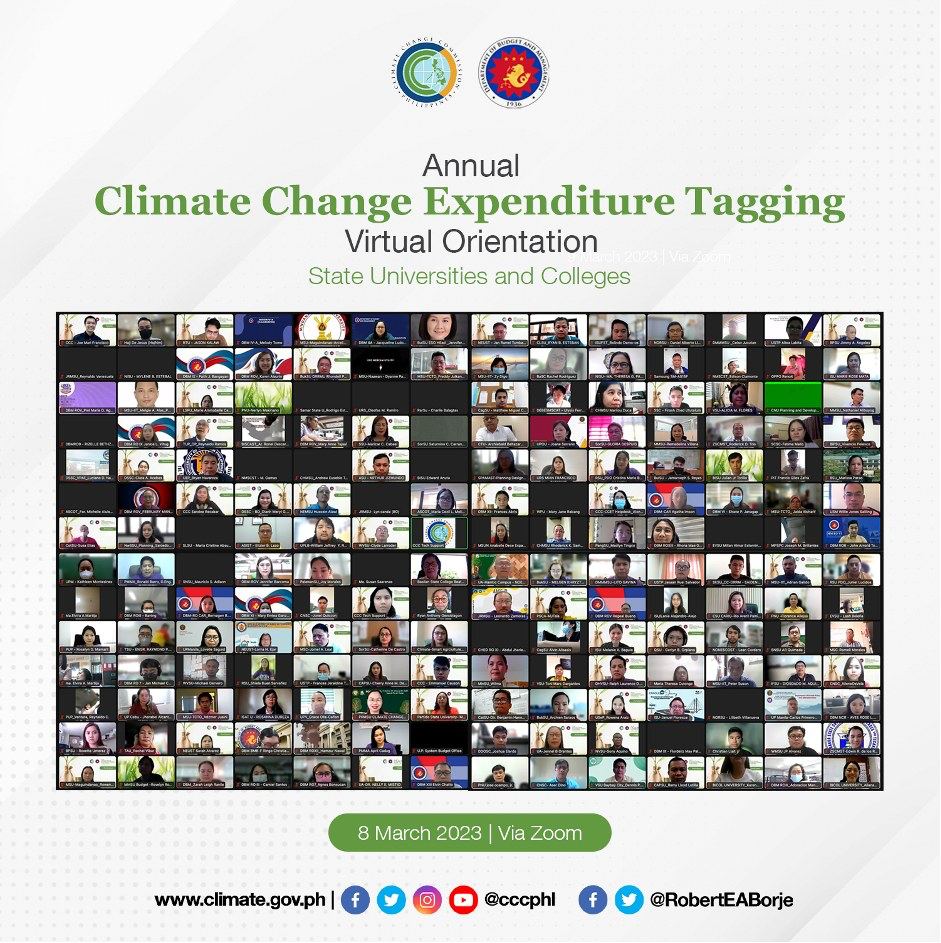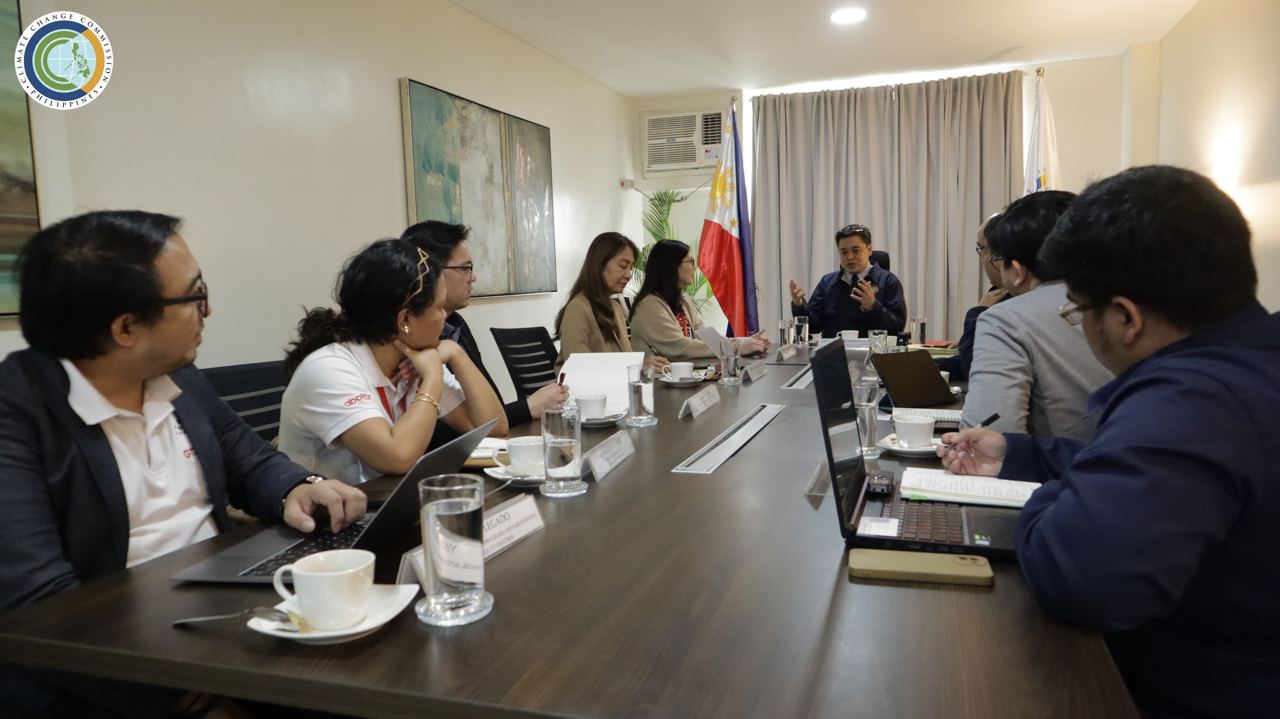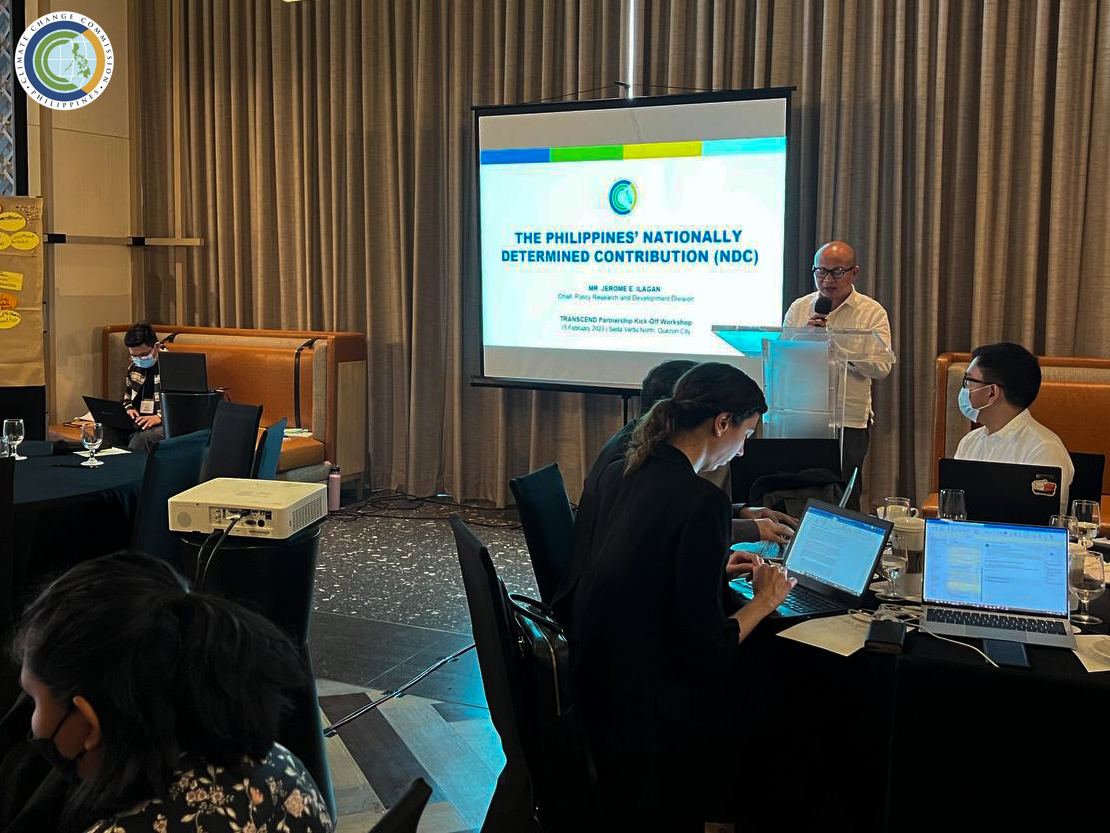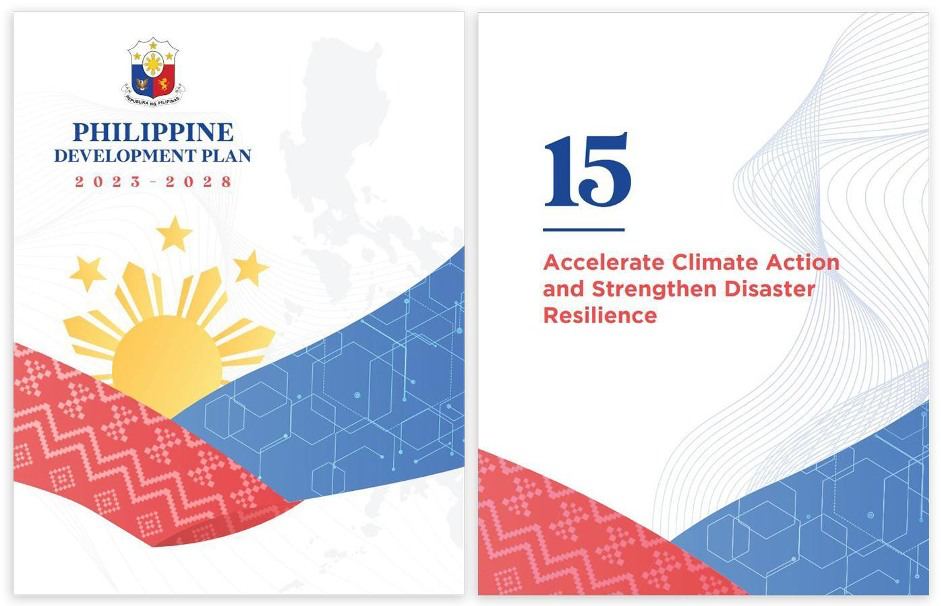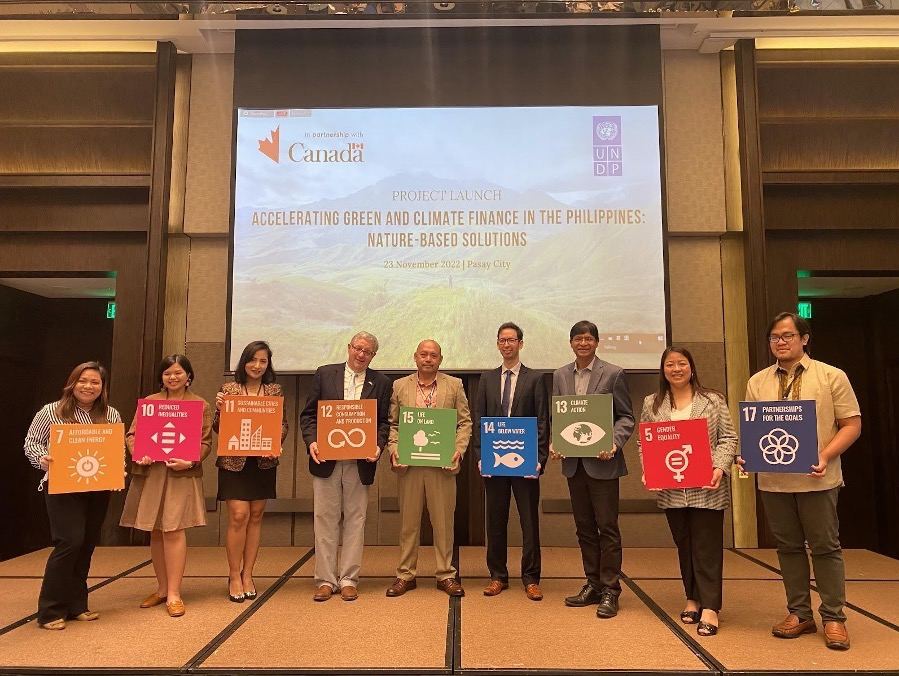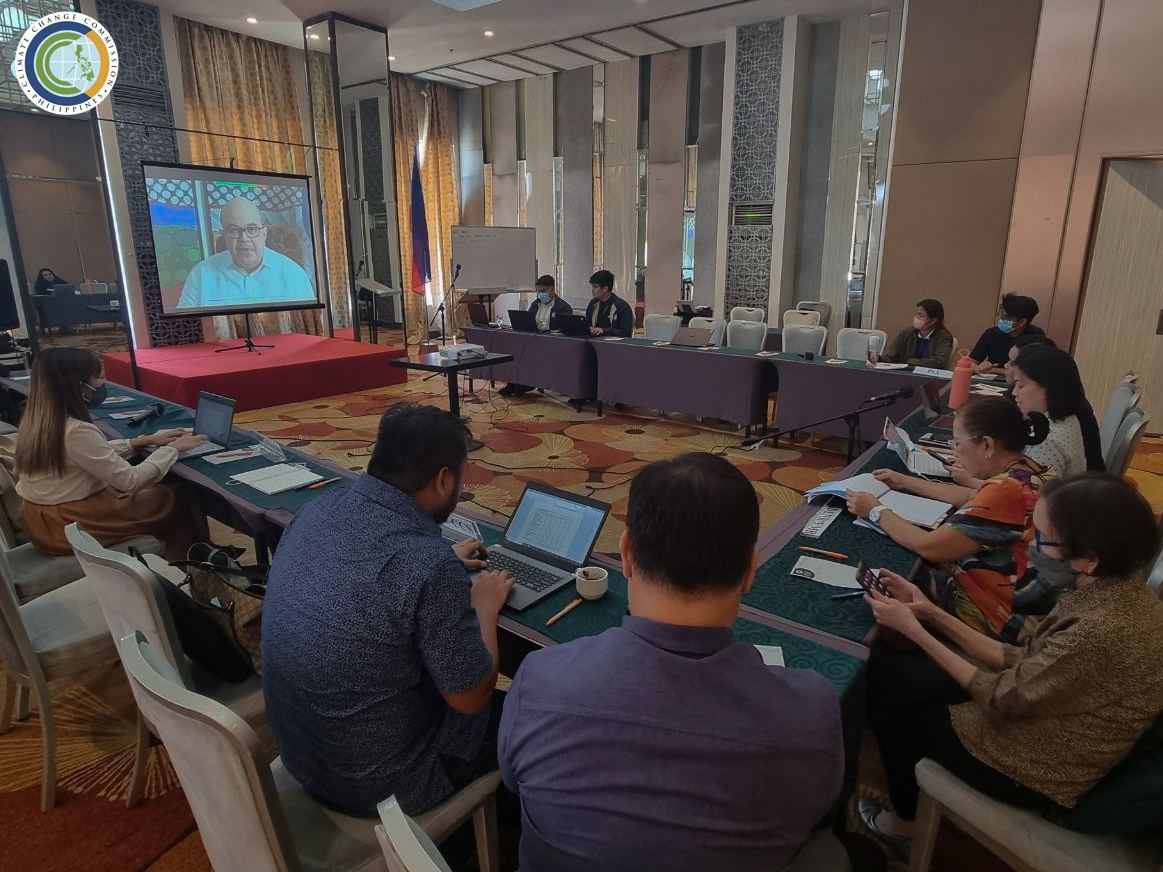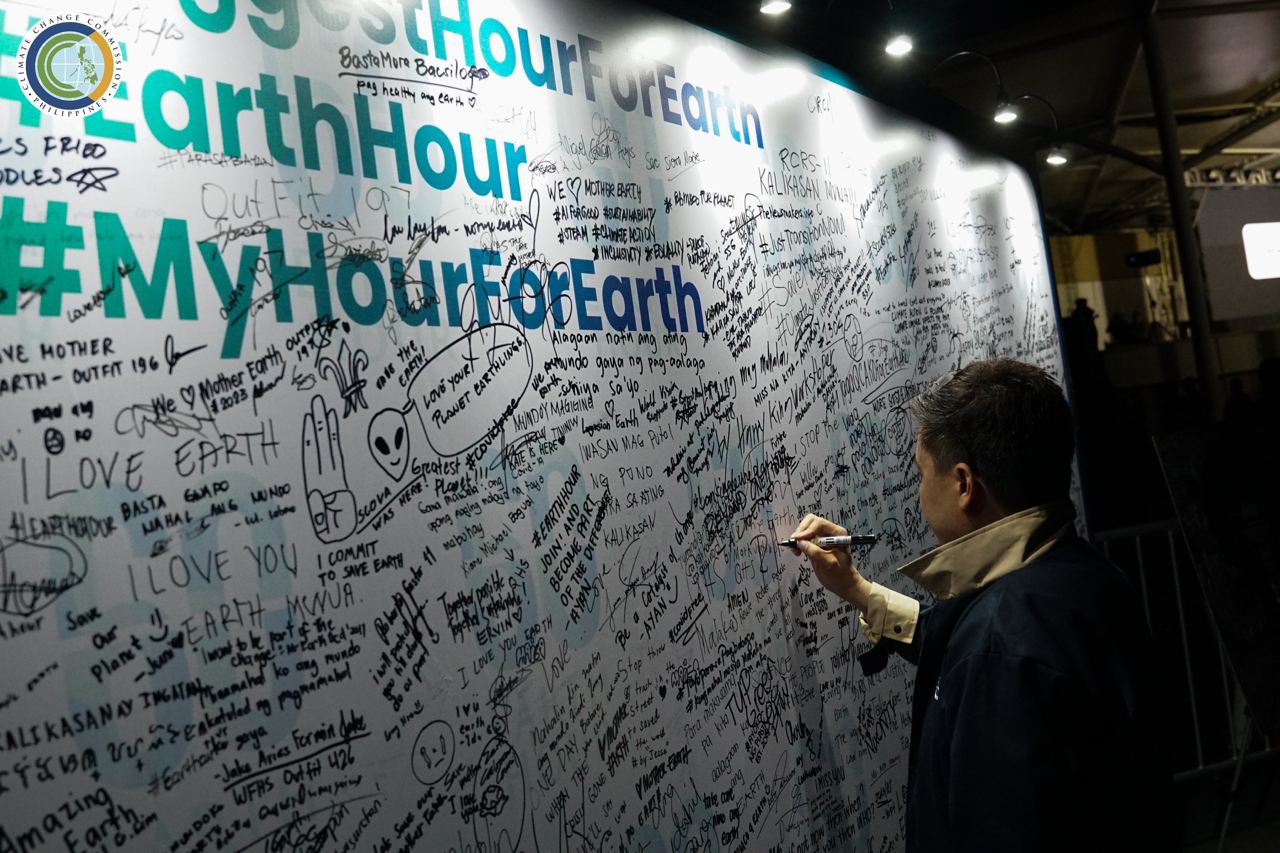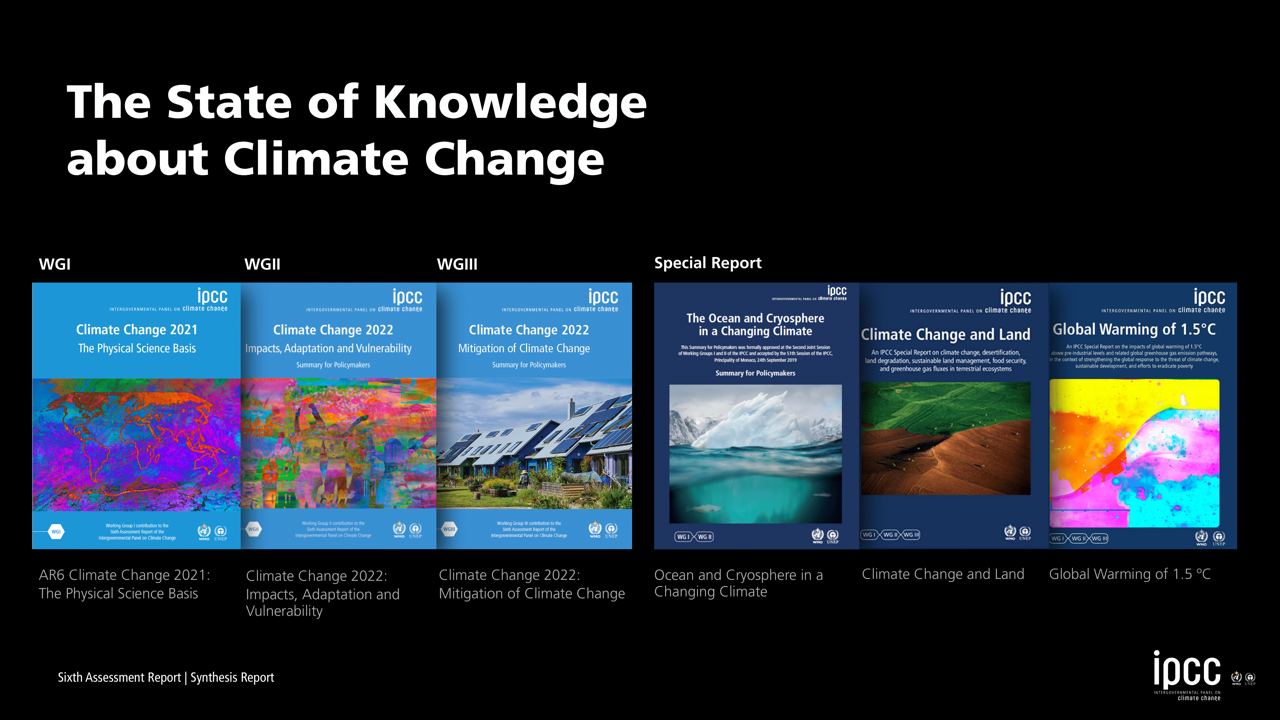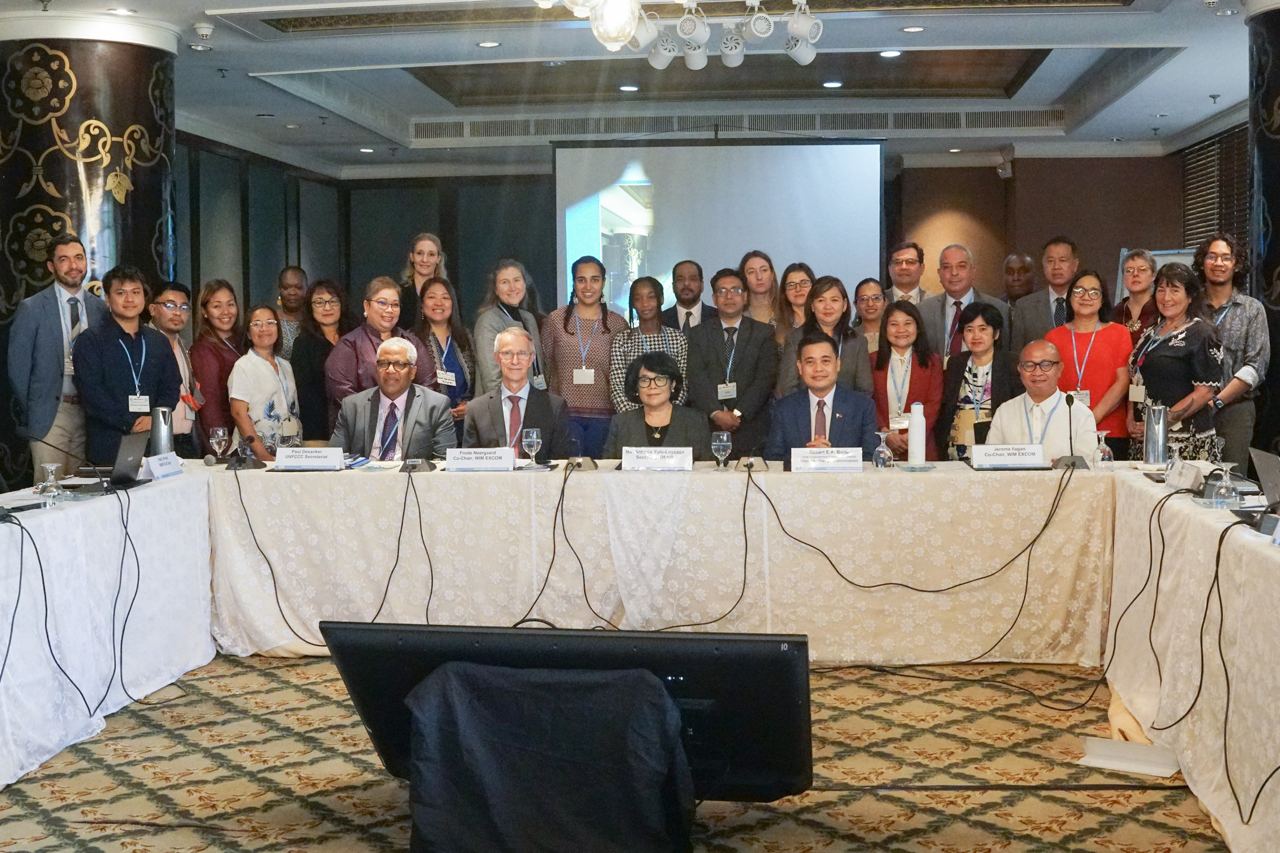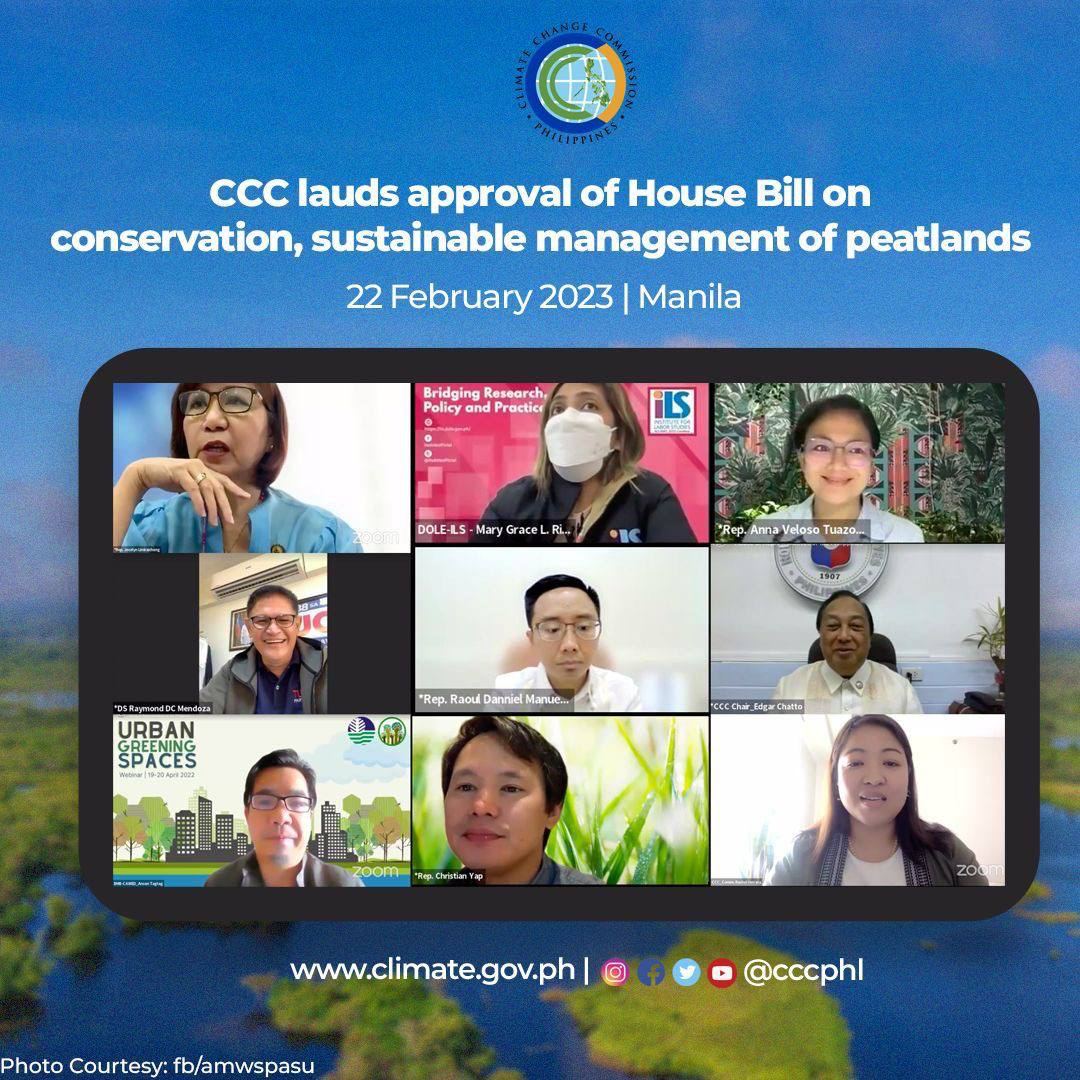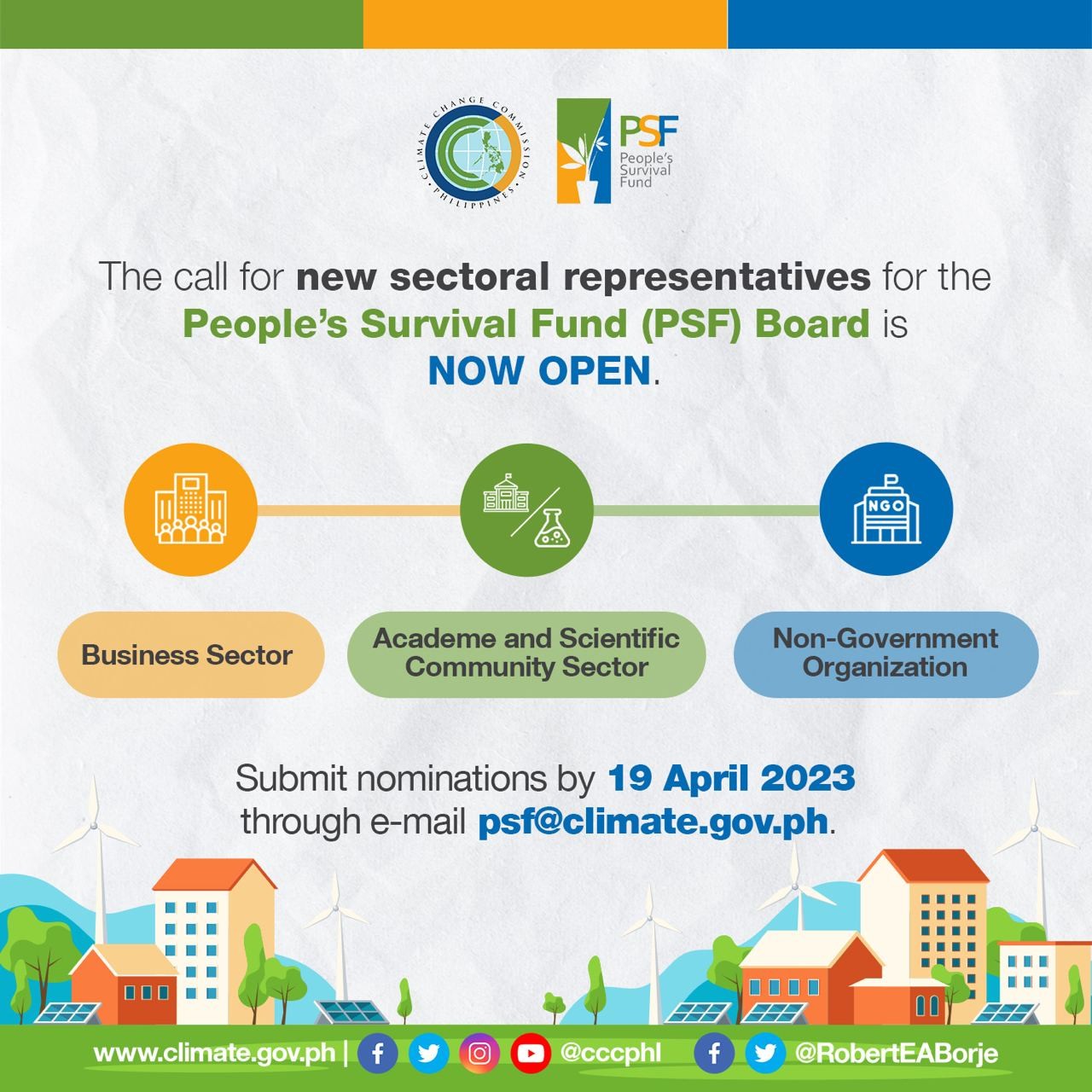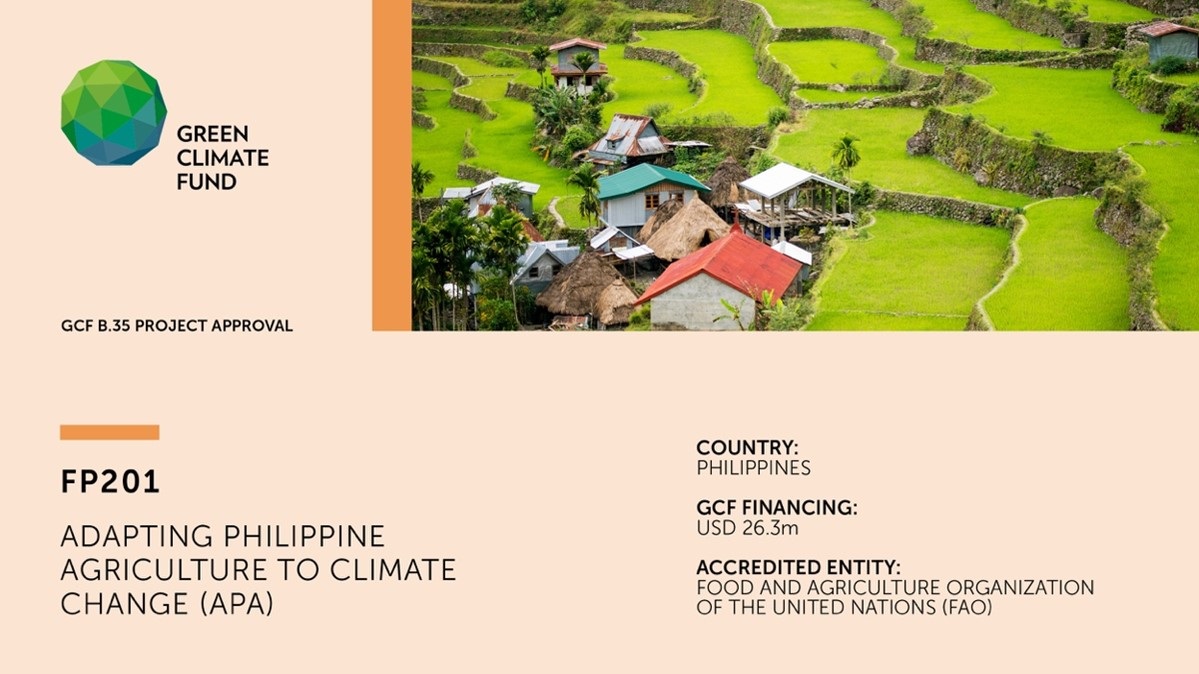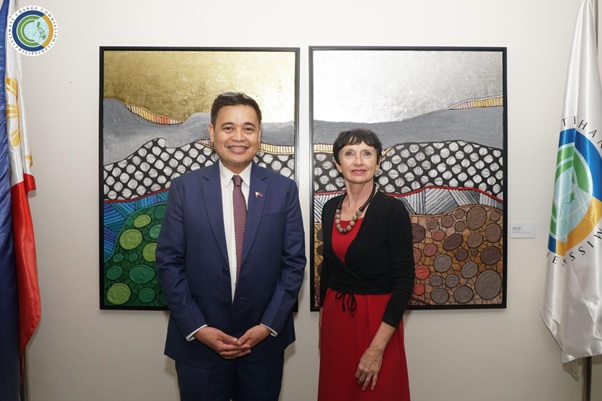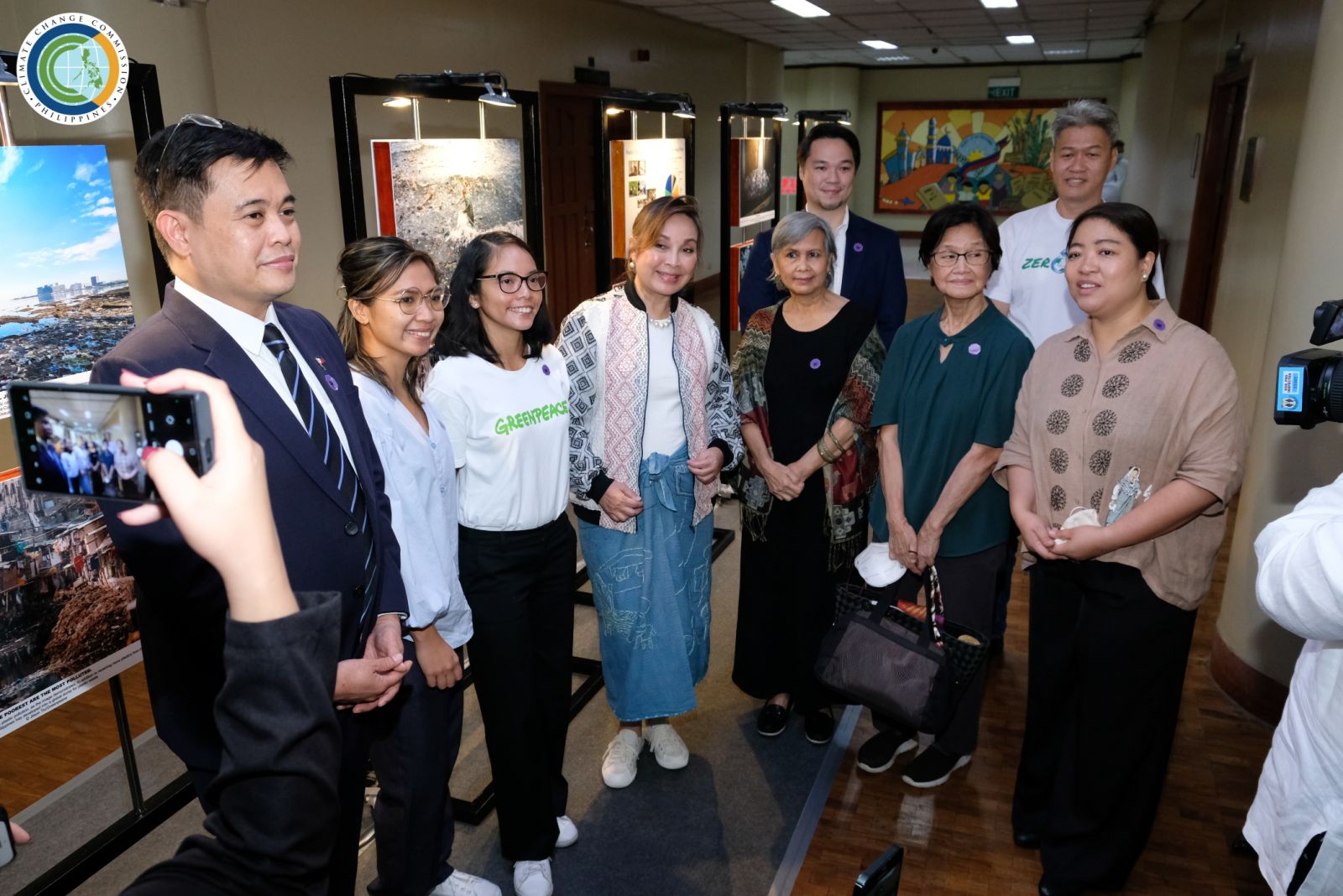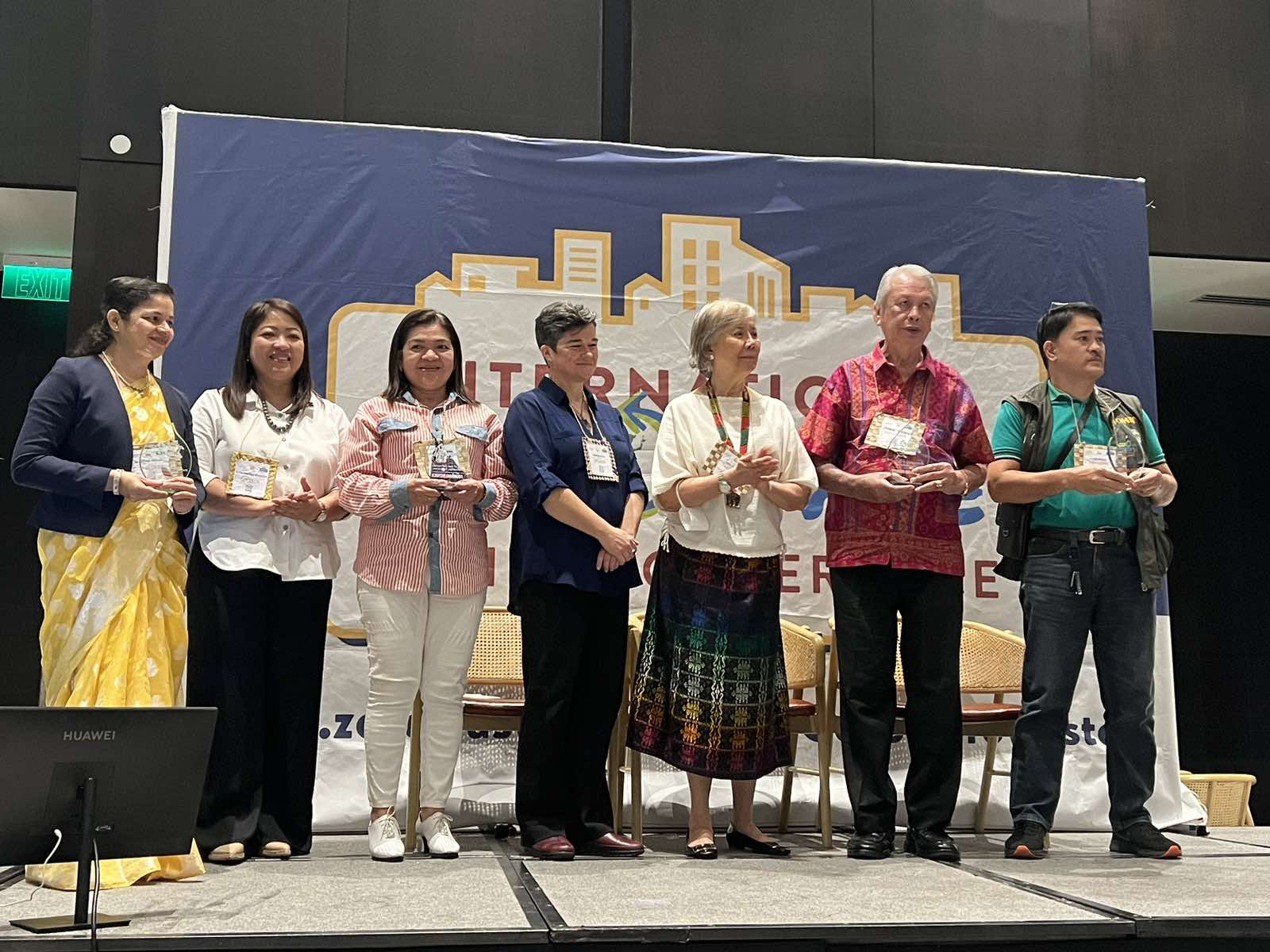MANILA, Philippines, 17 March 2023 — The Climate Change Commission PH opens the call for the nomination and selection of new sectoral representatives for the People's Survival Fund (PSF) Board.
The new sectoral representatives will be coming from the academic and scientific community, business sector, and non-government organization (NGO).
The PSF Board manages and administers the People’s Survival Fund (PSF). The PSF was established to provide long-stream finance for climate change adaptation projects of local government units.
The nominees must be:
(a) a citizen and resident of the Philippines for at least two years immediately prior to their nomination;
(b) at least seven (7) years of proven experience, exposure, and participation in research and development, climate change adaptation and mitigation, and other climate change-related activities;
(c) at least three (3) years of experience in program/project development and evaluation;
(d) has not been selected as a sectoral representative to the PSF Board, pursuant to Section 4 of the Implementing Rules and Regulations of the Climate Change Act; and
(e) a person with known probity, integrity, and good moral character.
Selection will be based on the competence, experience, and integrity of the nominees. Upon selection, the representatives shall serve for a term of three (3) years starting from the date of the first PSF Board Meeting they attended, without reappointment. Representatives are also disqualified from accessing the Fund during their term, and a year after their tenure.
The deadline of submission of nominations is on 19 April 2023 (Wednesday).
The PSF Board is chaired by the Secretary of Finance with the Vice Chairperson of the CCC, Secretary of Budget and Management, Director-General of the National Economic and Development Authority, Secretary of Interior and Local Government, Chairperson of the Philippine Commission on Women, and sectoral representatives from the academic and scientific community, the business sector, and NGOs, as members.
Nominations and inquiries shall be sent through the CCC PSF Unit via
[email protected]

